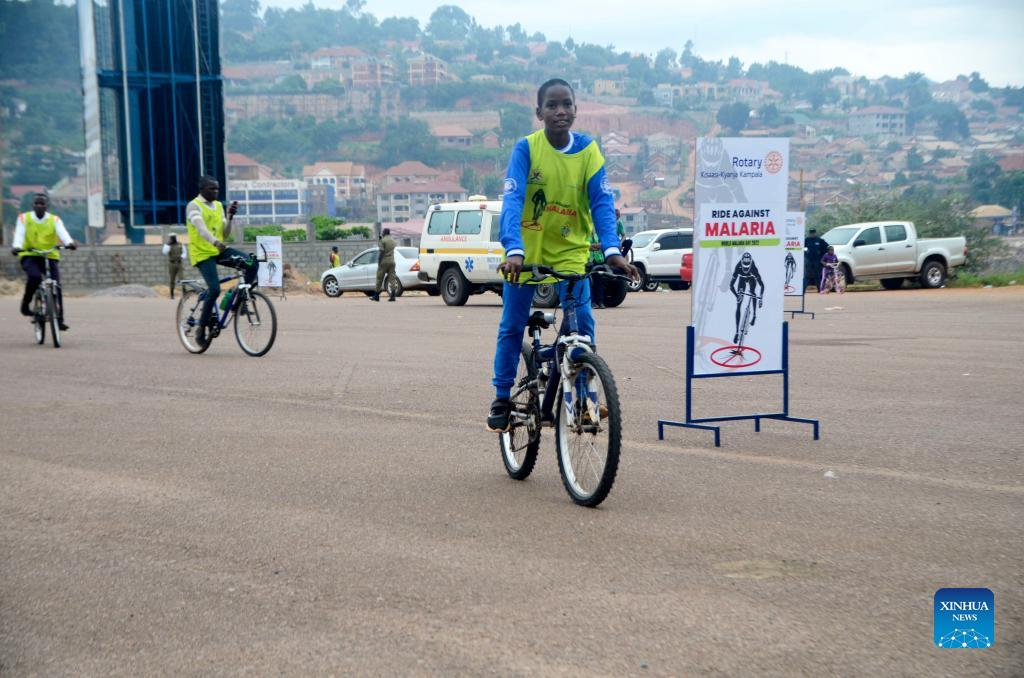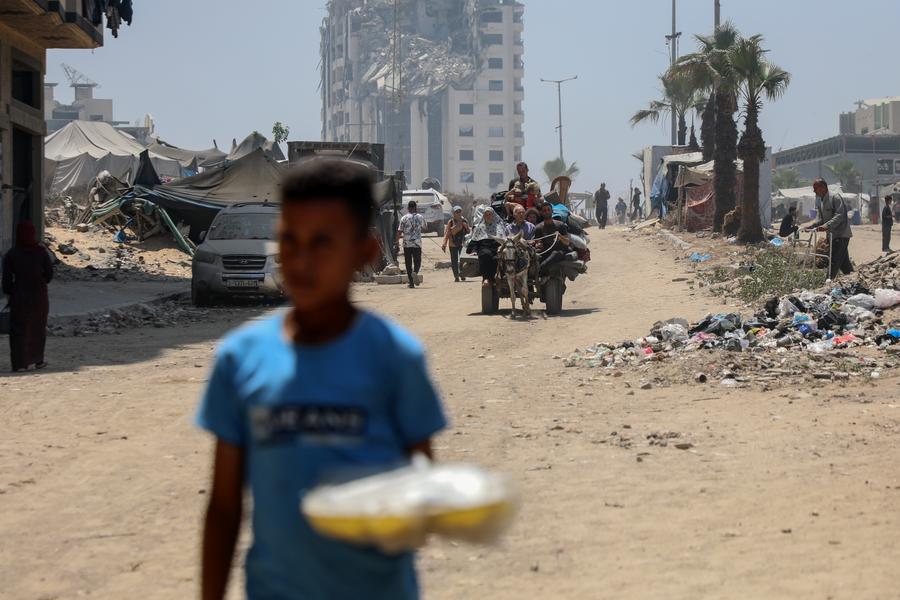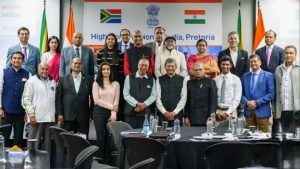WHO says Malaria killed over 600,000 people in Africa last year. Malaria remains a significant public health and development challenge and in the last year, about 95% of the estimated 228 million cases occurred in the WHO/AFRO Region, along with 602 020 reported deaths.
WHO calls for an united front to defeat Malaria. The dreadful disease remains a significant public health and development challenge and in the last year, about 95% of the estimated 228 million cases occurred in the WHO/AFRO Region, along with 602 020 reported deaths.
”Six of our countries, the worst-impacted by malaria in the Region, are reported to have accounted for up to 55% of cases globally, and for 50% of these deaths,” said Dr Matshidiso Moeti, WHO’s Regional Director for Africa, on Monday in her message to commemorate this year’s World Malaria Day tagged ‘Harness innovation to reduce the malaria disease burden and save lives’. This year’s theme aligns with my call to urgently scale up innovation and the deployment of new tools in the fight against malaria, while advocating for equitable access to malaria prevention and treatment, within the context of building health system resilience.
”The past year has seen significant breakthroughs in malaria prevention and control, in spite of the COVID-19 pandemic. Landmark recommendations on the use of the first vaccine against malaria – RTS,S – were released by the World Health Organization late last year. This vaccine will be used to prevent malaria among children aged six months to five years, who live in moderate- to high-transmission settings, Dr Moeti said.
”While this is a groundbreaking advance in the development of new tools to fight this disease, with the potential to save millions of lives, supplies are currently limited. As such, it is important to ensure that the doses that are available are utilized for maximum impact, while ensuring continued availability of other preventive measures to those most at risk.” ”The ultimate goal is to reduce the number of people catching and dying from malaria. This requires a focus on research and on leveraging available evidence to ensure that our targeted interventions are an efficient use of resources, which produce measurable results,” she added.
”We also need to work on drug and insecticide resistance, as well as focus on new strains of malaria arising in the Region, which are more difficult to detect, and treat.
”World Malaria Day today is an occasion to renew political commitment and encourage continued investment in malaria prevention and control. I call on countries and communities affected by malaria to work closely with development partners to advance our countries along the road to elimination, while contributing to the achievement of other Sustainable Development Goals.
”I personally, and the WHO Regional Office in Africa, remain fully committed to the fight against malaria. I believe we can overcome the challenge if we collaborate closely with governments, partners and communities. Together, we can accelerate our efforts to achieve a malaria-free Africa.” World Malaria Day is marked annually on 25 April to focus global attention on malaria, and its devastating impact on families, communities and societal development, especially in Sub-Saharan Africa.
Cases in Tanzania
Tanzanian health authorities marked the World Malaria Day with a pledge to eliminate the deadly disease in the East African nation by 2030.
In a statement to mark the World Malaria Day, the Minister for Health Ummy Mwalimu said the government of Tanzania in collaboration with development partners is implementing a five-year (2021-2025) malaria strategic program aimed at reducing malaria transmission from 7.5 percent in 2017 to 3.5 percent in 2025.
The program involves the elimination of malaria-transmitting mosquitoes through vector control measures, strengthening research and malaria treatment and keeping the environment clean, she said in the capital of Dodoma, appealing to the Tanzania Parliamentary Alliance Against Malaria to support the government in its crusade to eliminate the disease which she described as a health burden for the country.
“Today official statistics indicate that 94 percent of Tanzanians are at risk of malaria transmission within one year. This figure is alarming,” said Mwalimu.
She said this is despite statistics showing that Tanzania has reduced malaria transmission from 14.8 percent in 2015 to 7.5 percent in 2017.
Malaria related deaths in Tanzania have been reduced by 71 percent from 6,311 in 2011 to 1,811 in 2021, she said, stressing that these statistics did not reveal the real picture because only 43 percent of Tanzanians accessed malaria diagnosis.
Mwalimu warned malaria still remained a health threat in the country, giving as an example that statistics in 2021 showed in every 100 patients that attended health centers, 10.6 patients were diagnosed with malaria.
Statistics showed that six regions leading with high transmission of malaria are Kigoma with 24 percent transmission while the national transmission rate is 7 percent, Geita 17 percent, Kagera 17 percent, Mtwara 15 percent, and Lindi and Ruvuma 12 percent each.
The national theme for the World Malaria Day is “Population census is key to fighting malaria: Zero malaria starts with me,” in reference to the country’s National Population and Housing Census will be conducted on Aug. 23, 2022.













